'Here & Now' Highlights: US Rep. Mark Pocan, Bryna Godar, Kurt Paulsen, Amy Basting
Here's what guests on the Dec. 6, 2024 episode said about Medicare Advantage plans, a court ruling to reverse Act 10, affordable housing under the second Trump administration and the need for more foster families in Wisconsin.
By Frederica Freyberg | Here & Now
December 9, 2024
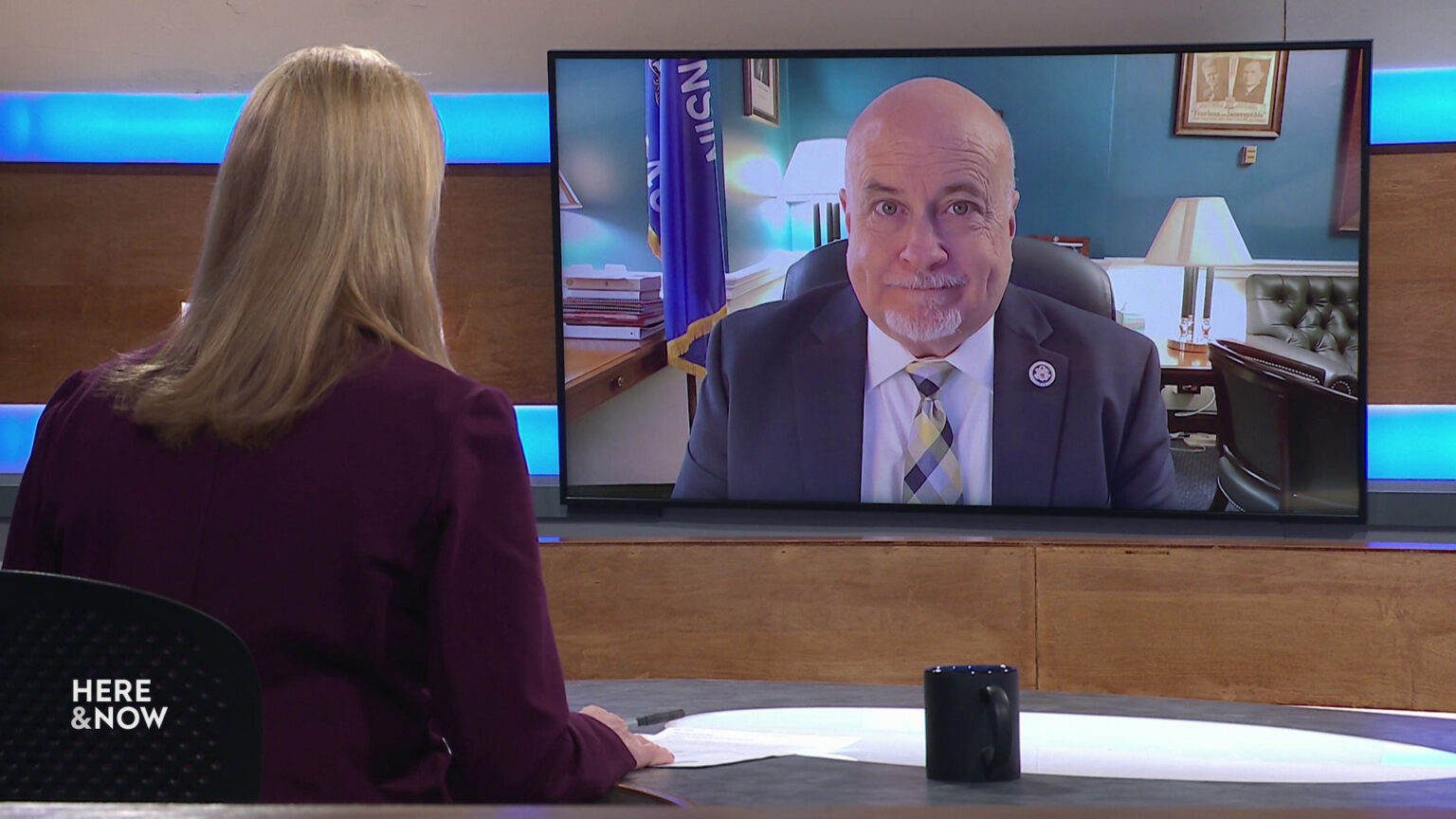
Frederica Freyberg and Democratic U.S. Rep. Mark Pocan of the 2nd Congressional District (Credit: PBS Wisconsin)
The open enrollment window for Medicare closed Dec. 7. and many people may have chosen plans with a name that sounds like the government-run program but are offered by private providers — U.S. Rep. Mark Pocan is leading the charge to change how they’re marketed. The Republican-controlled Wisconsin Legislature has appealed a court order overturning Act 10, and Attorney Bryna Godar from the UW Law School’s State Democracy Research Center broke down what’s next. There is a critical shortage of affordable housing nationwide and in Wisconsin — UW-Madison urban planning professor Kurt Paulsen discussed potential impacts of mass deportation and tariffs on homebuilding. Amy Basting from Children’s Wisconsin described the need for foster families in Wisconsin, particularly for kids with specialized needs.
U.S. Rep. Mark Pocan
(D) 2nd Congressional District
- Pocan has sponsored a bill in Congress titled the “Save Medicare Act,” which would disallow private insurance companies from calling their plans Medicare Advantage. Such plans are growing in popularity, with 56% of Wisconsinites selecting them. Rep. Pocan said these types of plans might be good for younger people, but not the more elderly or sick.
- Pocan: “It’s largely educational at this point to make sure people understand that only Medicare is Medicare. So very smart lobbyists a few decades ago got a bill that allowed these plans to be called Medicare Advantage. We don’t allow you to call yourselves the United States Postal Service and Pizza Delivery. We don’t allow you to use any other federal program in a private company’s product. But that’s exactly what Medicare Advantage plans are as a private alternative to Medicare. And they are, in some cases, for people, you know, advantageous, right? They think that they can get dental, vision or hearing, which we should cover in Medicare and we don’t. And they can get that through that plan, or they can have a gym membership or something else that gives them a little extra. The problem is, then there’s the rest of the story, and a lot of the complaints that we get in my office are from people who have Medicare Advantage programs who, for example, need health care suddenly. They may not in their 60s when they signed up, but by their 70s or 80s, they do — and you have to get prior authorization. Now, you don’t do that with Medicare. But often it gets denied — millions of cases a year do.”
Bryna Godar
Staff attorney, University of Wisconsin Law School State Democracy Research Initiative
- A Dane County judge on Dec. 2 ruled the Act 10 law that stripped most public employees of collective bargaining rights was unconstitutional because it treated public safety employees differently, with some subject to its provisions but not others. The Republican-controlled Wisconsin Legislature immediately filed an appeal and at least one union – representing Madison teachers – demanded to collectively bargain with the district. It’s expected the appellants will request a stay on the Dane County order. Godar considered whether other unions would scramble to make similar demands.
- Godar: “So, I think it depends sort of on how long the stay lasts — strategically, how much it makes sense to mobilize those resources. But I do think it’s worth noting that unions have still been able to exist and do some limited collective bargaining, and so they can still do organizing preemptively, even if this decision is stayed, to sort of prepare for those upcoming negotiations if this decision is ultimately upheld.”
Kurt Paulsen
Professor, UW-Madison Dept. of Planning and Landscape Architecture
- A crunch in the availability of affordable housing is at crisis levels, according to experts. Paulsen discussed how potential policies from the incoming Trump administration might help or hurt the situation – particularly mass deportations of immigrants.
- Paulsen: “There’s been a lot of research from Harvard and other universities that show that the rise in housing prices really preceded the rise in immigration, so that immigrants [are] driving up house prices is not true. On the other side, we have to recognize that the construction workforce is 20% to 30% immigrants, and in particularly high-cost states like Texas or California. But also here in Wisconsin, you have a significant shortage of workers in construction, and a substantial portion of the workforce is immigrants. So mass deportation, if it’s actually carried out, would lead to a significant worsening of the labor shortage in housing and construction, which would also tend to drive up house prices.”
Amy Basting
Treatment and respite foster care specialist, Children’s Wisconsin
- Children’s Wisconsin is both a healthcare system and a child welfare agency, and works to recruit foster families and place foster children in those homes. Basting said there’s always a need for the higher-level support, known as treatment foster care, and Children’s Wisconsin offers a wrap-around program for those families
- Basting: “We offer foster parents with more support beyond the general foster care program. So in addition to support, meaning visits from and contact from a social worker, our treatment foster care program gets additional hours of staff that come to the home, and support and advocate for both the foster parents and children. We reward our treatment foster parents with respite — it’s kind of like how you earn rest or vacation time or paid personal leave at work. Our foster parents are getting some type of paid time off to take care of themselves. Our treatment foster care program also offers clinical consultation, a mentoring program — we have an entire incentive program built into our treatment foster care program for those homes that are willing to care for our older youth, which is greatly needed.”
Watch new episodes of Here & Now at 7:30 p.m. on Fridays.
 Passport
Passport




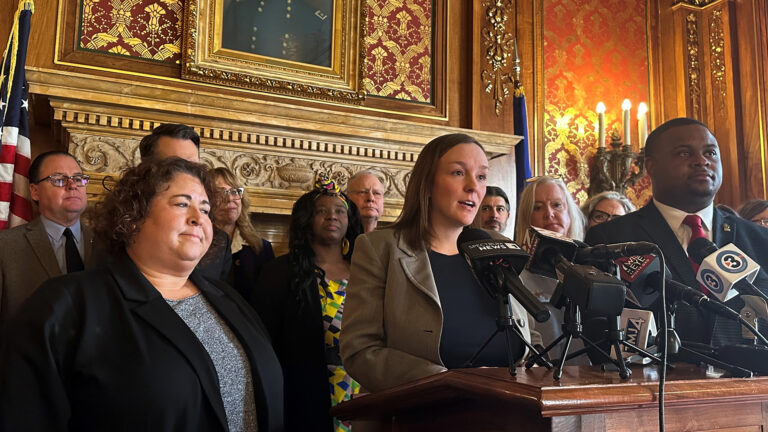
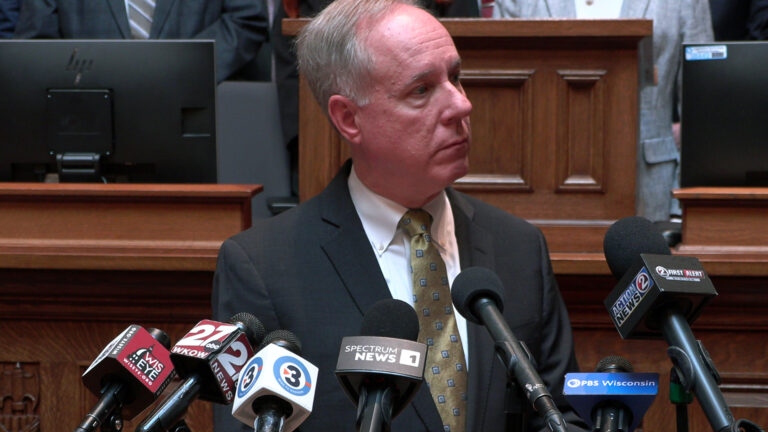

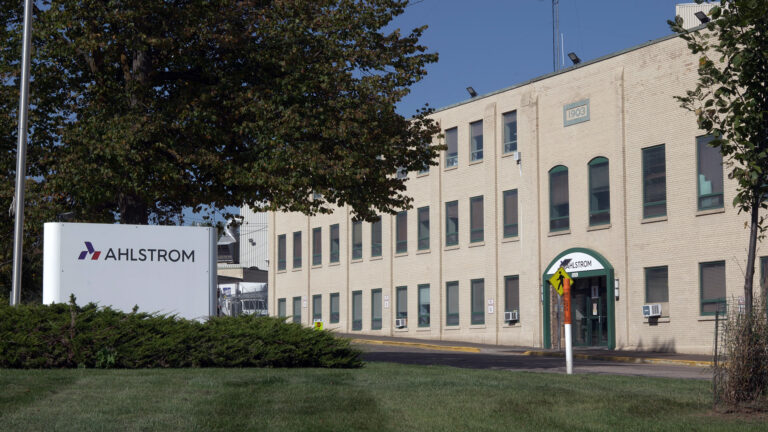
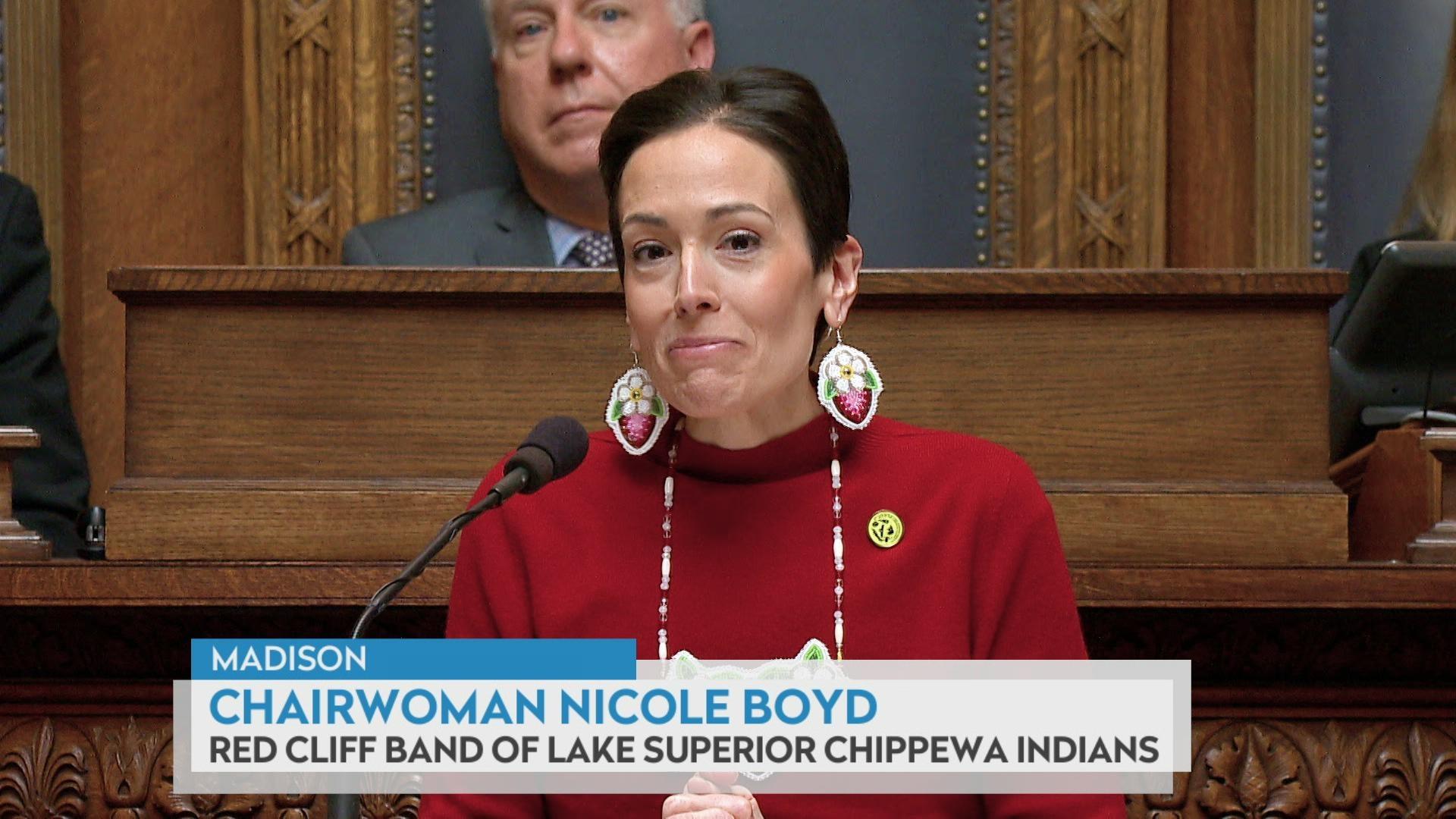
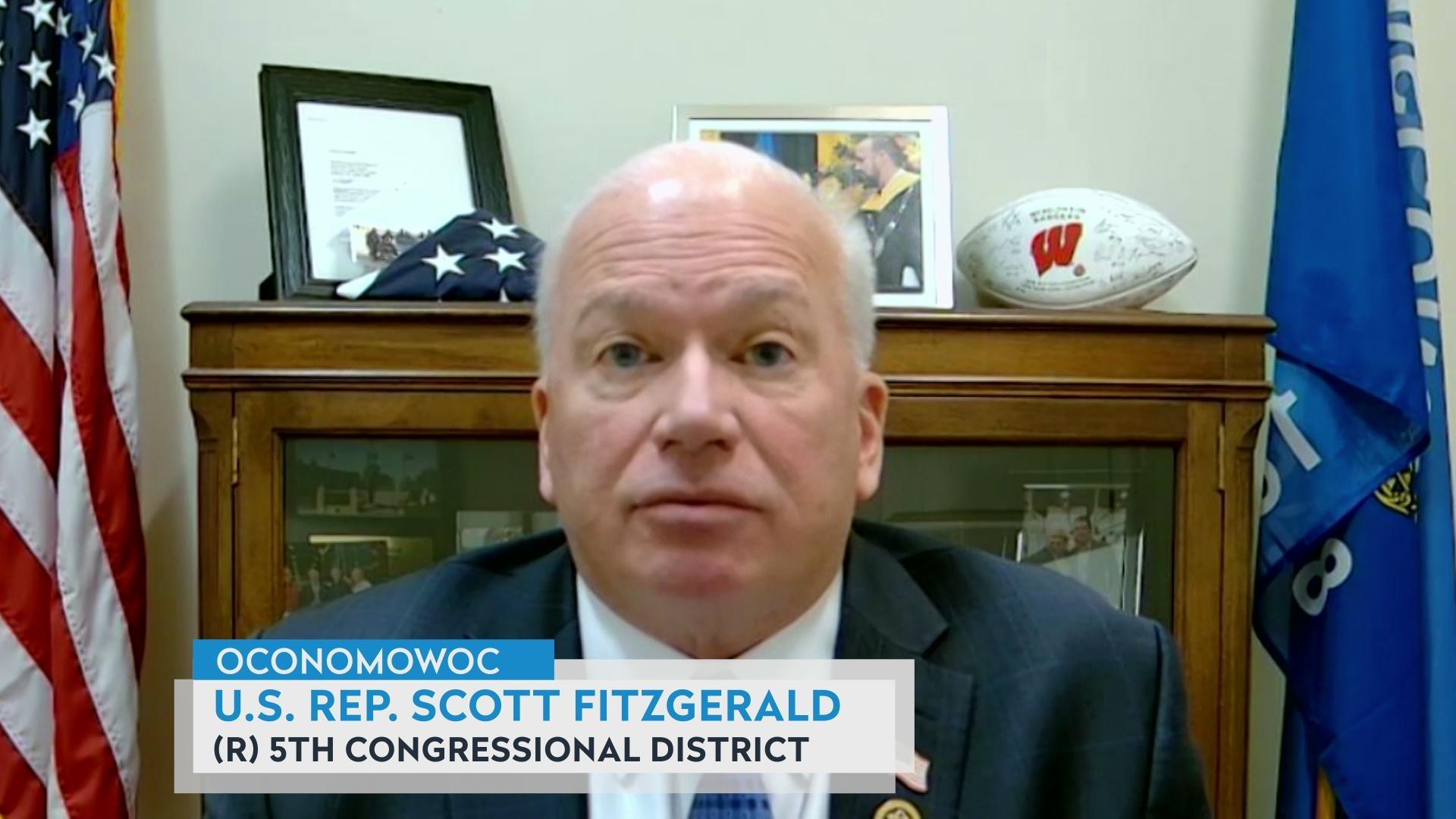

Follow Us